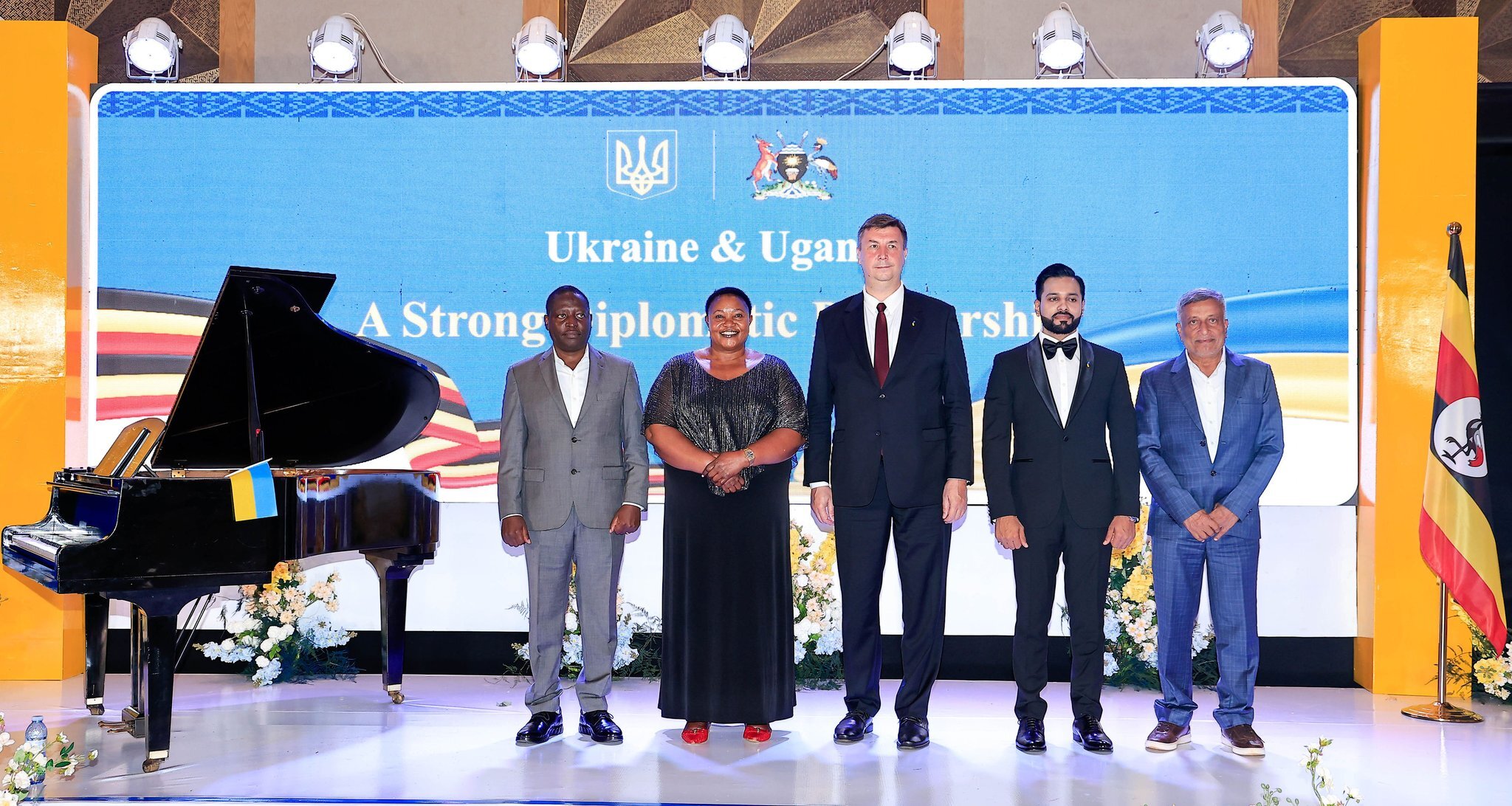Uganda has secured a barcode that uniquely identifies its export products in global markets.
The GSI Barcode assigns unique company prefixes to businesses, which are then used to generate the barcodes for their products.
The barcode includes the country code, hence location of the company. The barcode boosts export traceability, combats mislabeling, and strengthens the country’s product presence in global markets.
President Yoweri Museveni, in 2018, issued a Cabinet directive to the Ministry of Trade, Industry, and Fisheries, to apply to the GSI Association Internationale Sans But Lucratif (AISBL), the global product identifier group based in Brussels, Belgium, for a country barcode for the proper brand identification of products manufactured in Uganda.
After seven years of rigorous processing, in December 2023 Uganda fulfilled all the requirements to be admitted to the global body – the GS1 Global – and Uganda was assigned 605 as the country prefix of the barcode.
After an onboarding process, customers licensing GSI keys from Uganda will be transferred to GSI Uganda. Product information from Uganda will be fed into the Global Data Synchronization Network Database, the largest product database in the world.
Access to the database enables proper identification and traceability of Ugandan goods in global markets, and also enables governments to have regulatory oversight and ensure real-time compliance.
The import is that now that Uganda is a subscribing member, all Ugandan products going out to the global market will be identified by the country’s barcode. Local manufacturers and traders do not have to rely on or buy barcodes from other countries to identify their products.
Commenting on the development, the Executive Director of Uganda Manufacturers’ Association, Dr. Ezra Rubanda Muhumuza, said, as manufacturers, they are happy because the barcode gives them an entry point into global markets and helps to indicate economic independence.
The Executive Director of Enterprise Uganda, Charles Ocici, said having the country barcode enables local manufacturers to leverage their core areas of strength in terms of particular export products.
Said Ocici: “For a long time, we have allowed others to take advantage of our products. They have been rebranding them and earning a premium price. For example, after exporting our coffee, they would repackage and rebrand it as coffee from their countries. We couldn’t tell coffee sellers and drinkers around the world that there is a place called Nebbi or Bugisu in Uganda where Arabica coffee is grown”.
***
(Reproduced from The New Vision)






